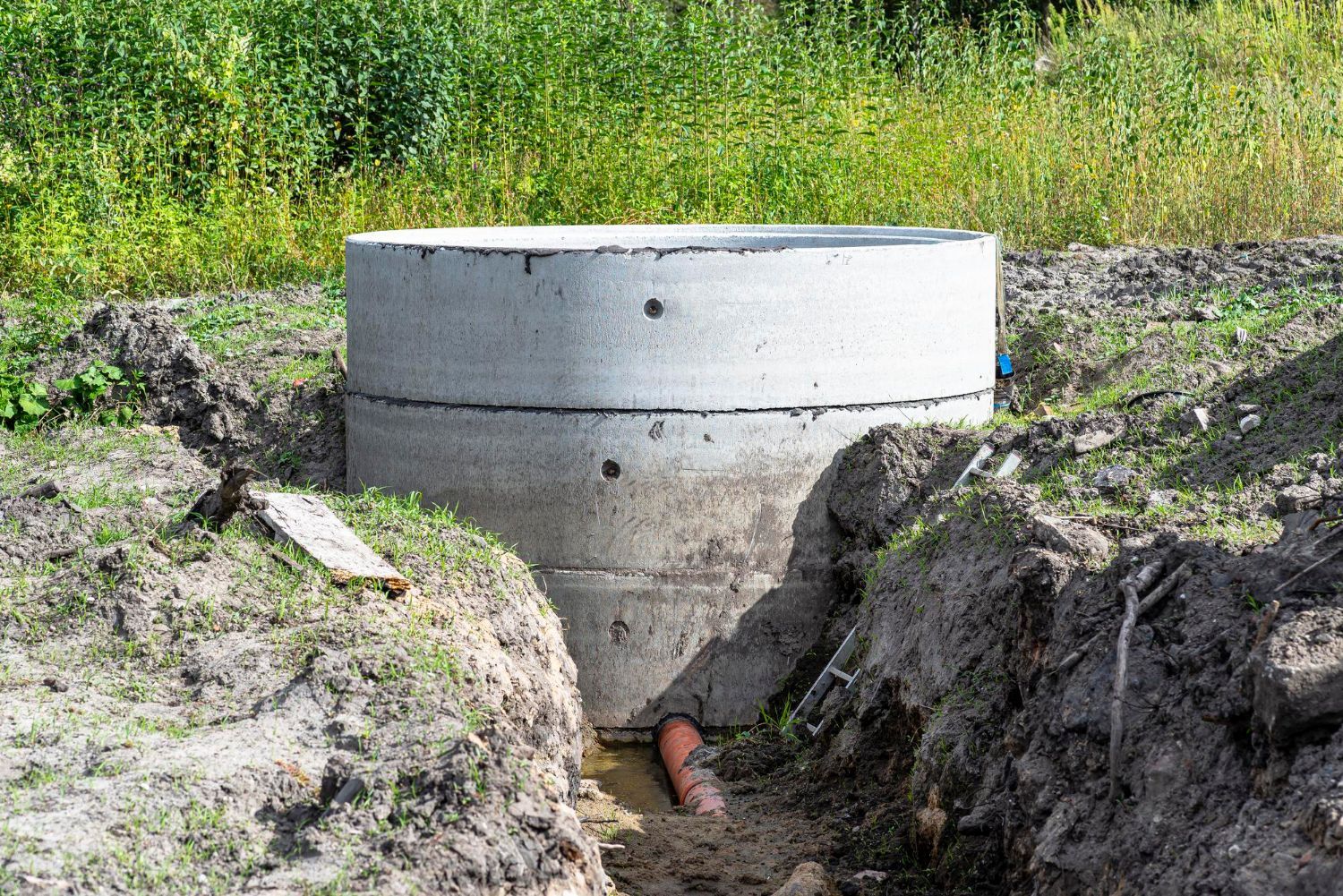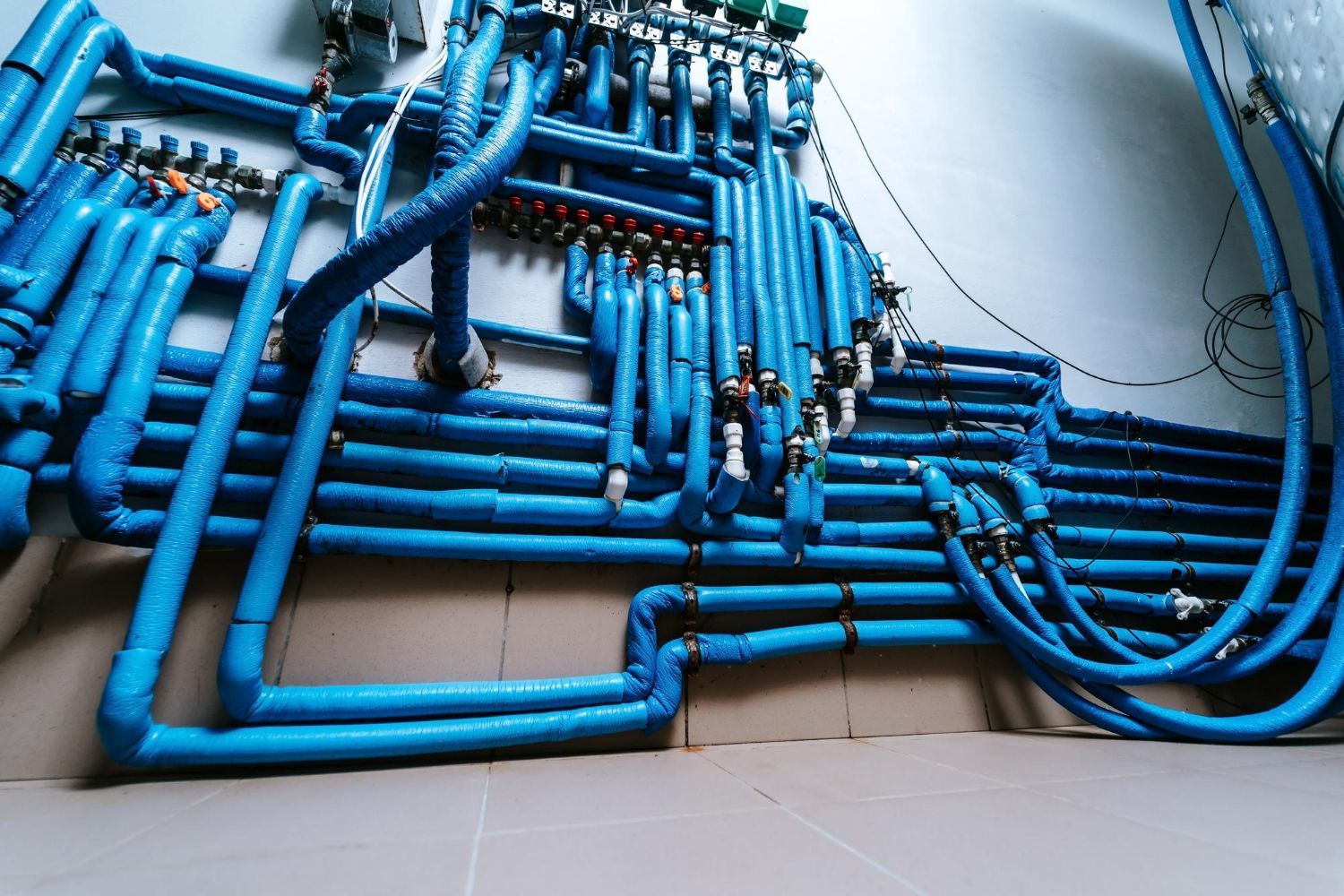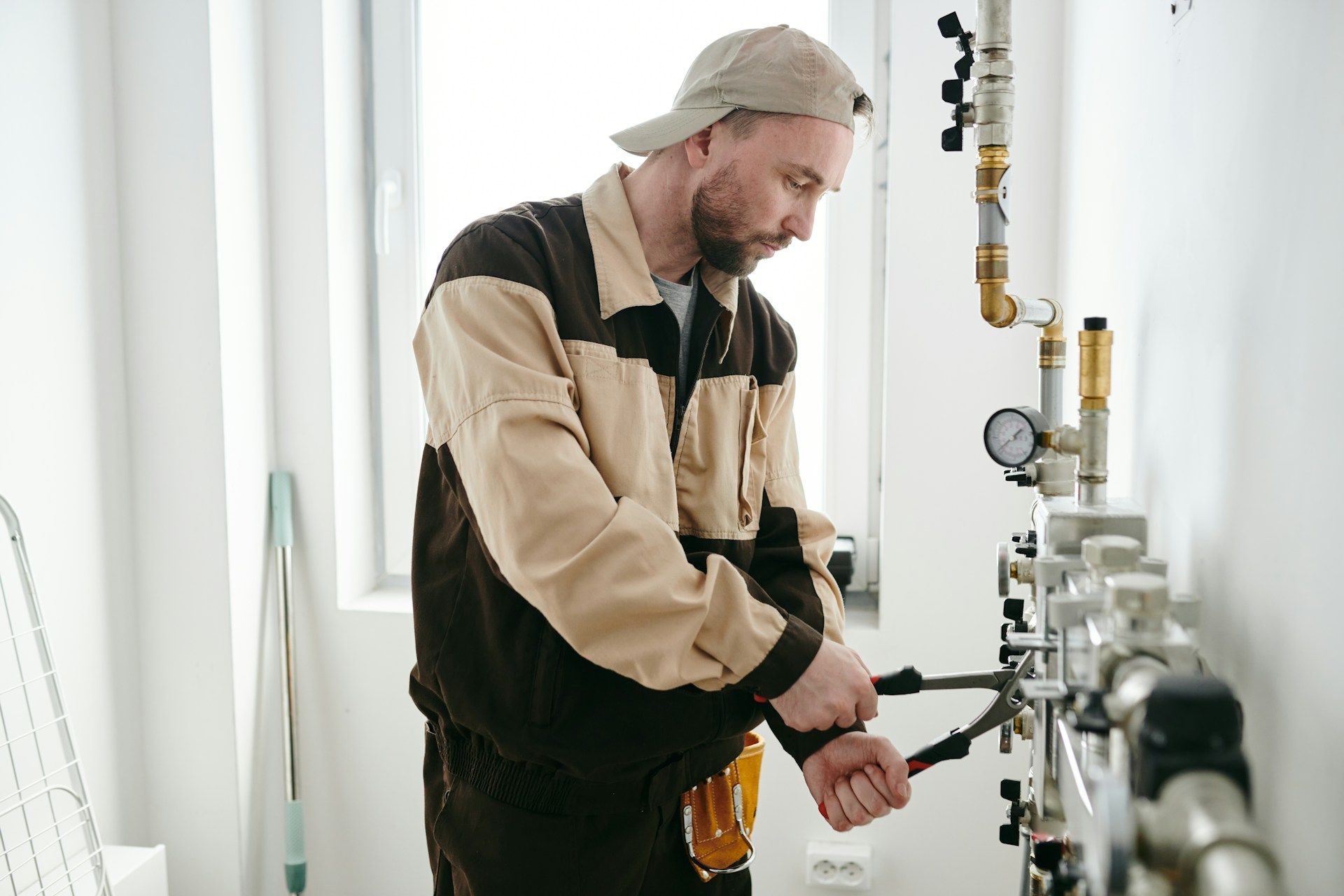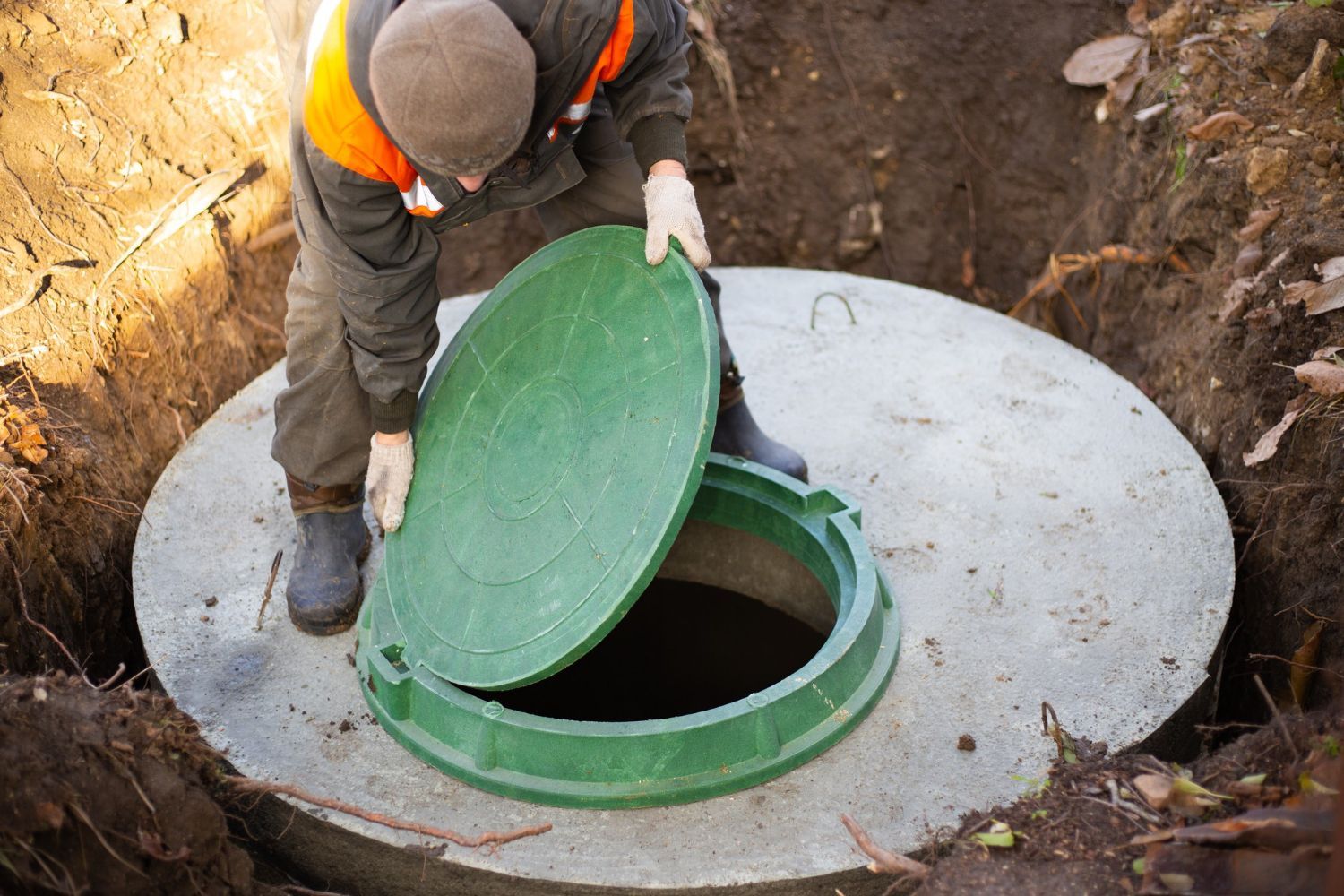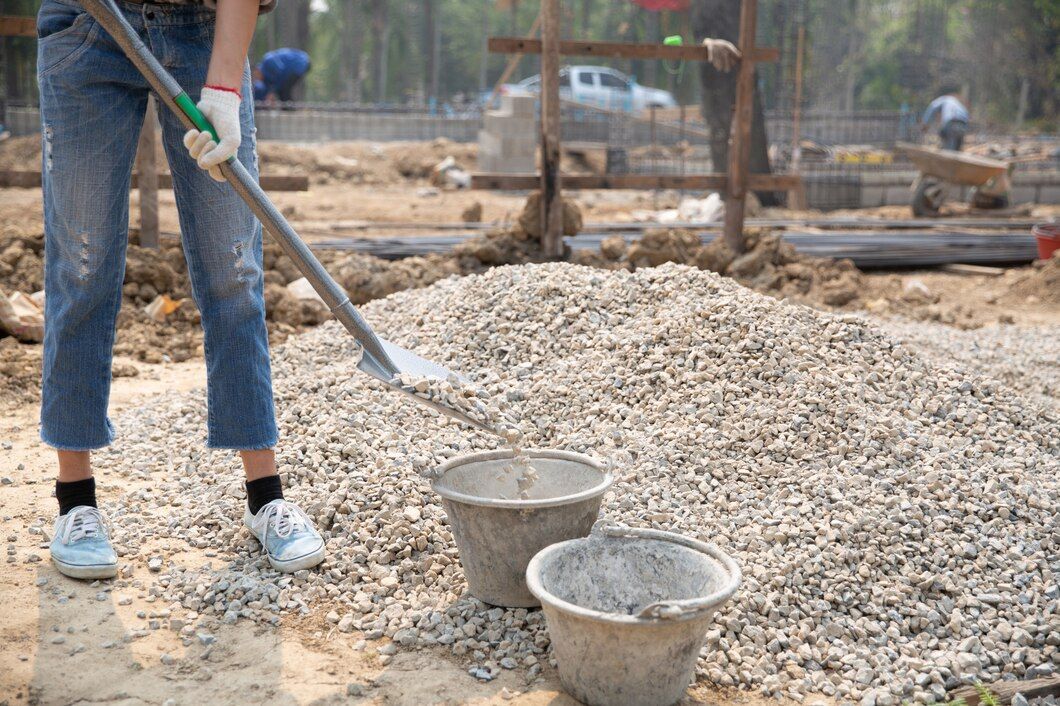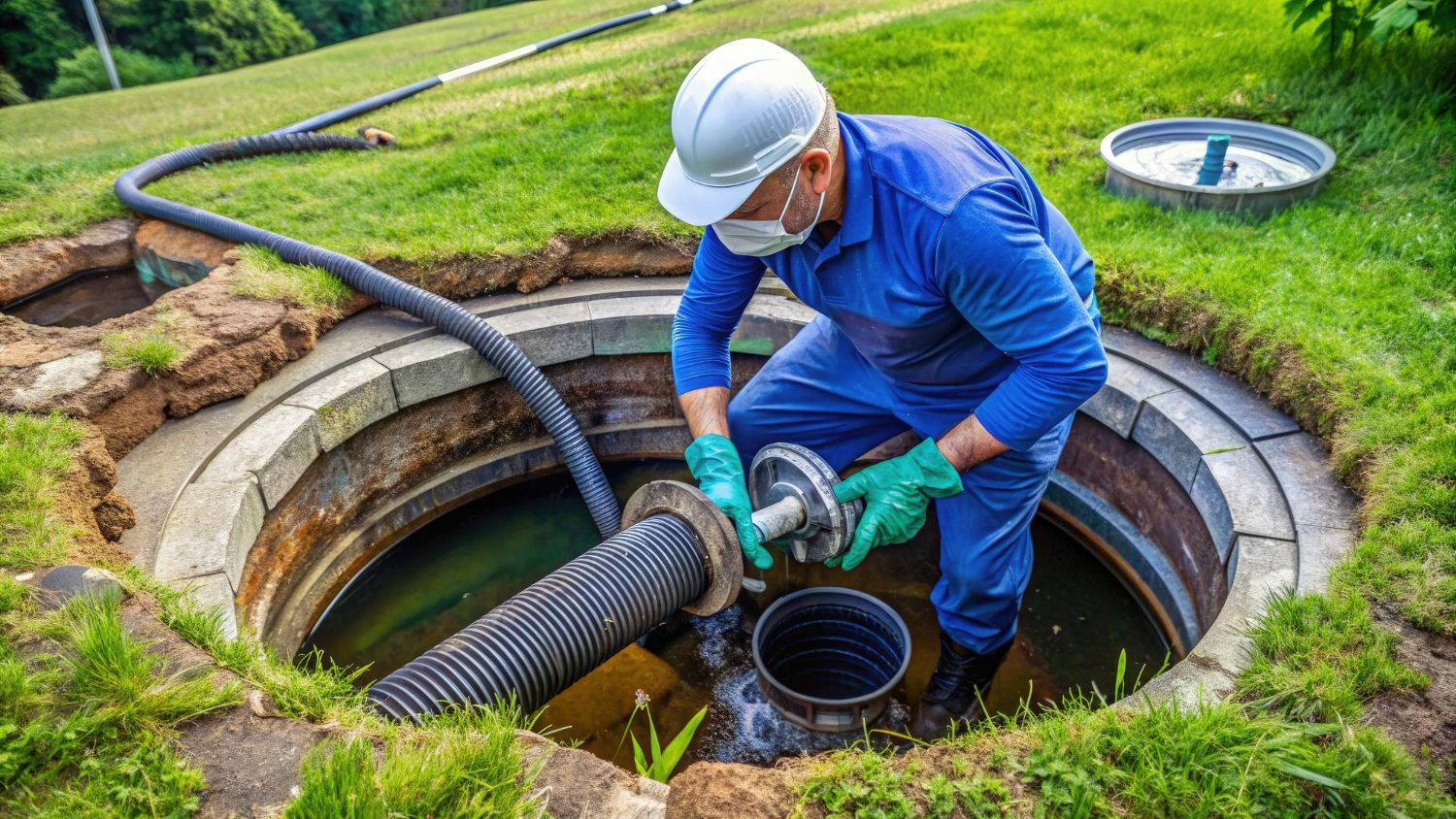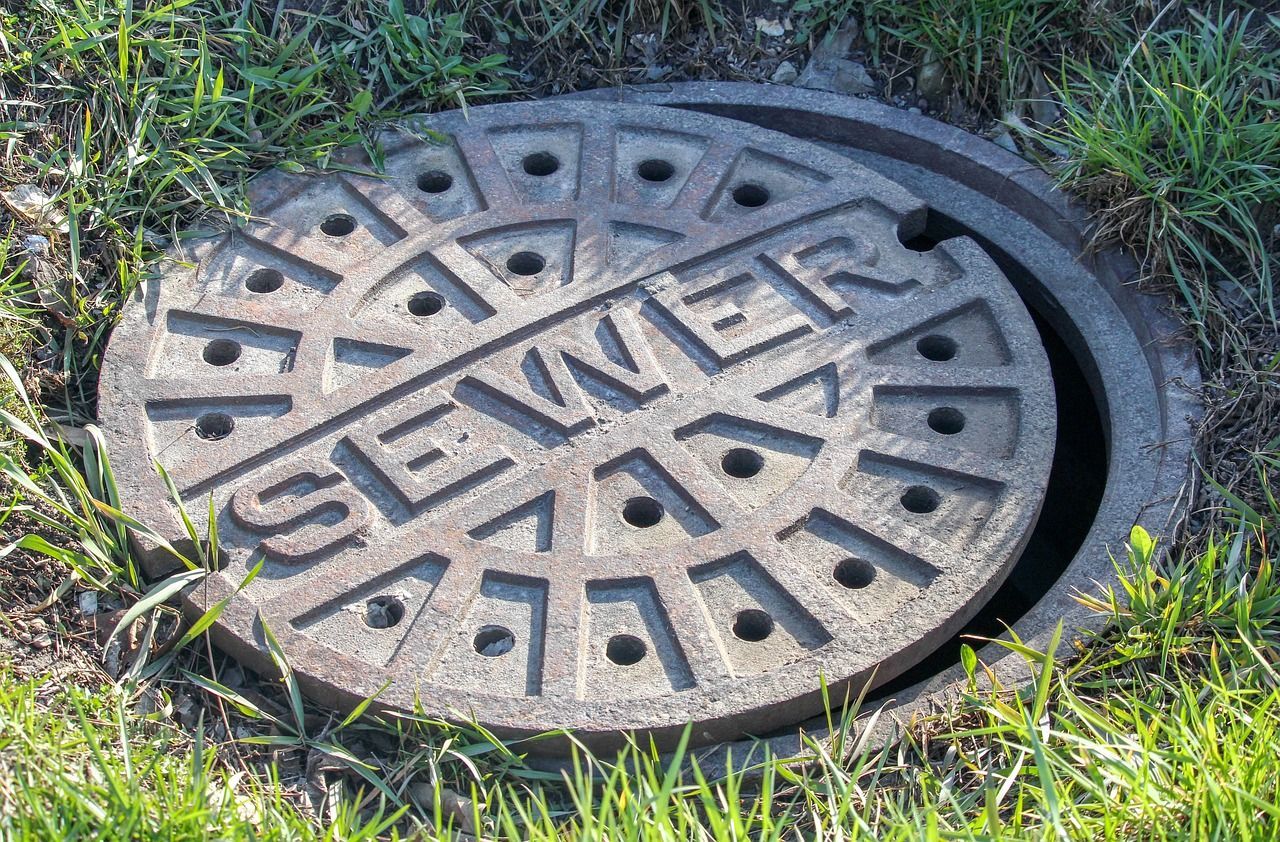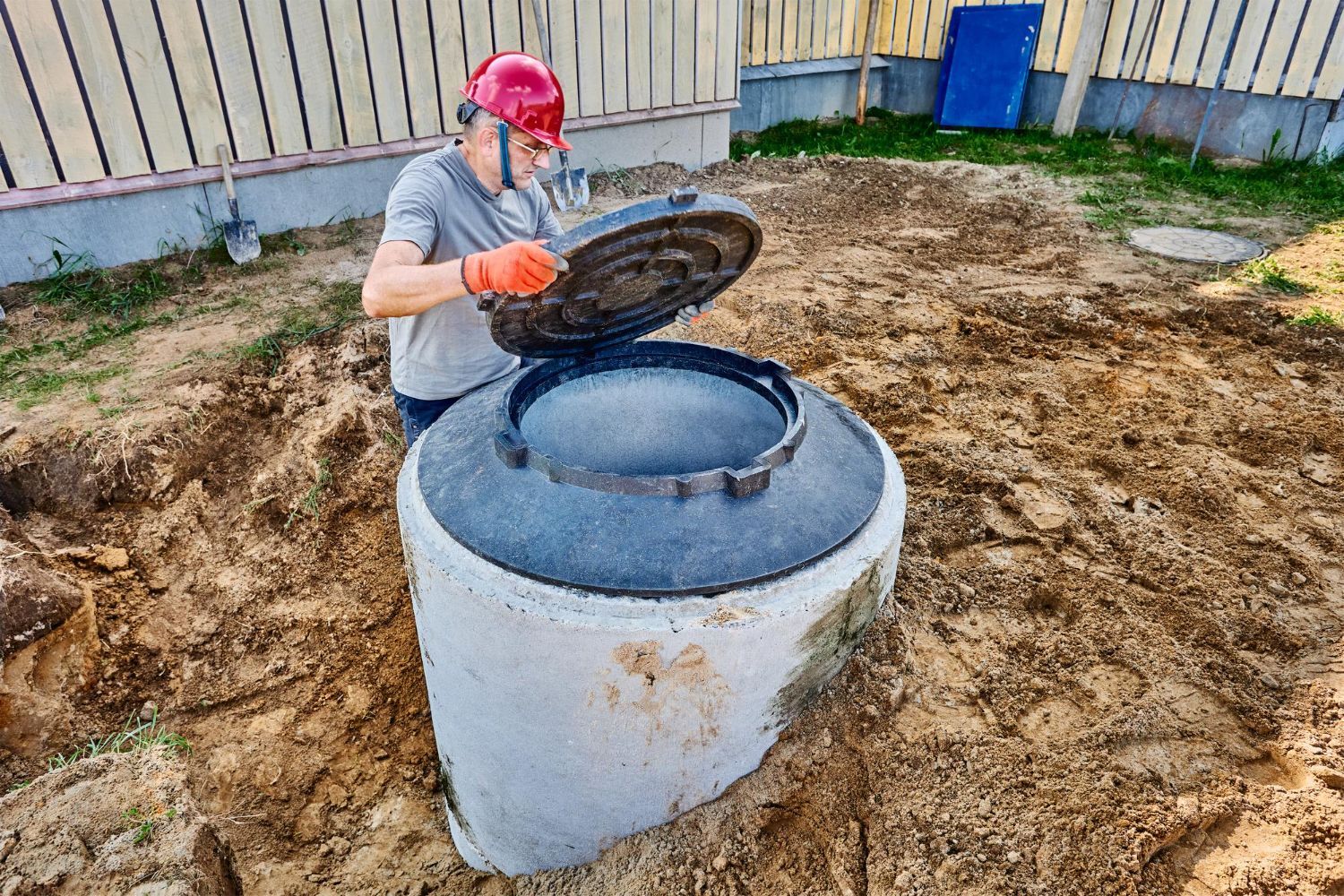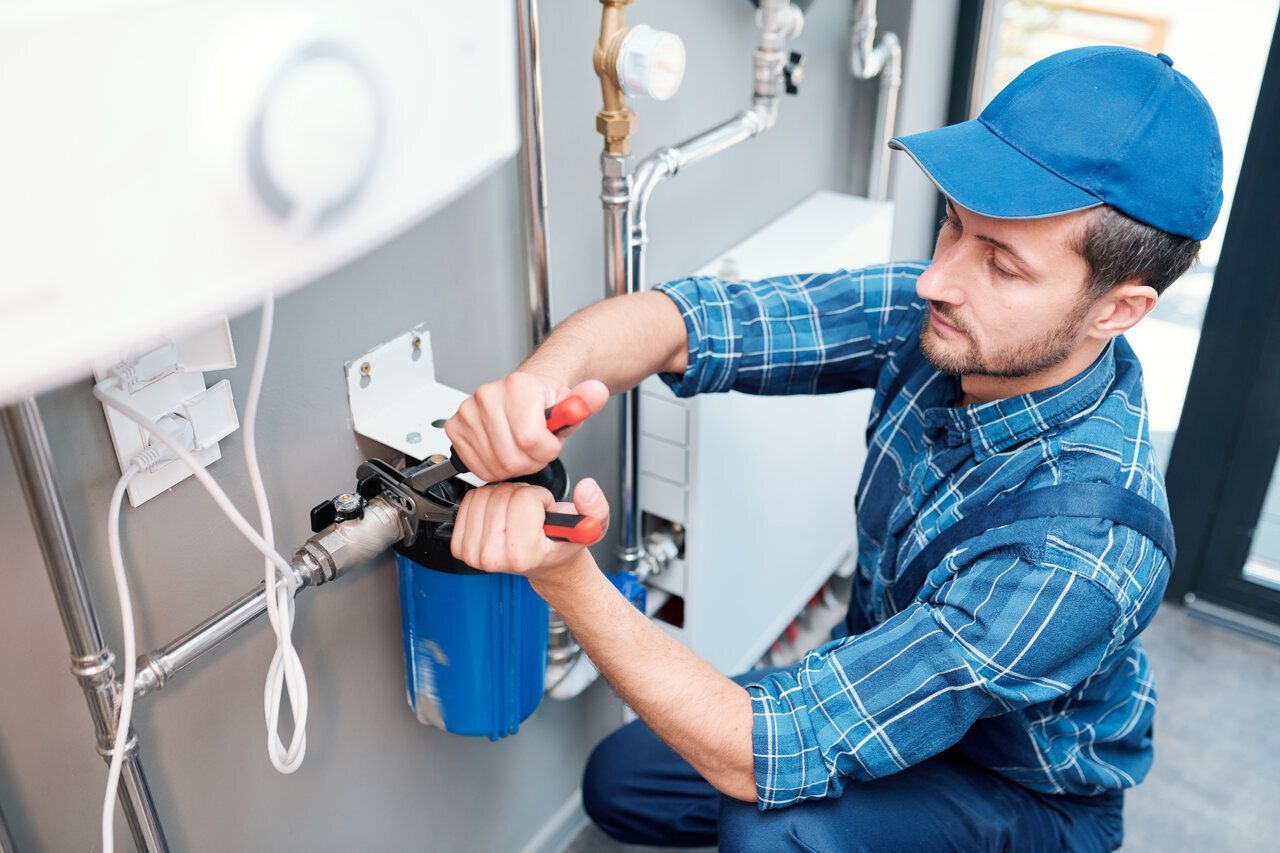Plumbing Inspections for Older Homes Guide
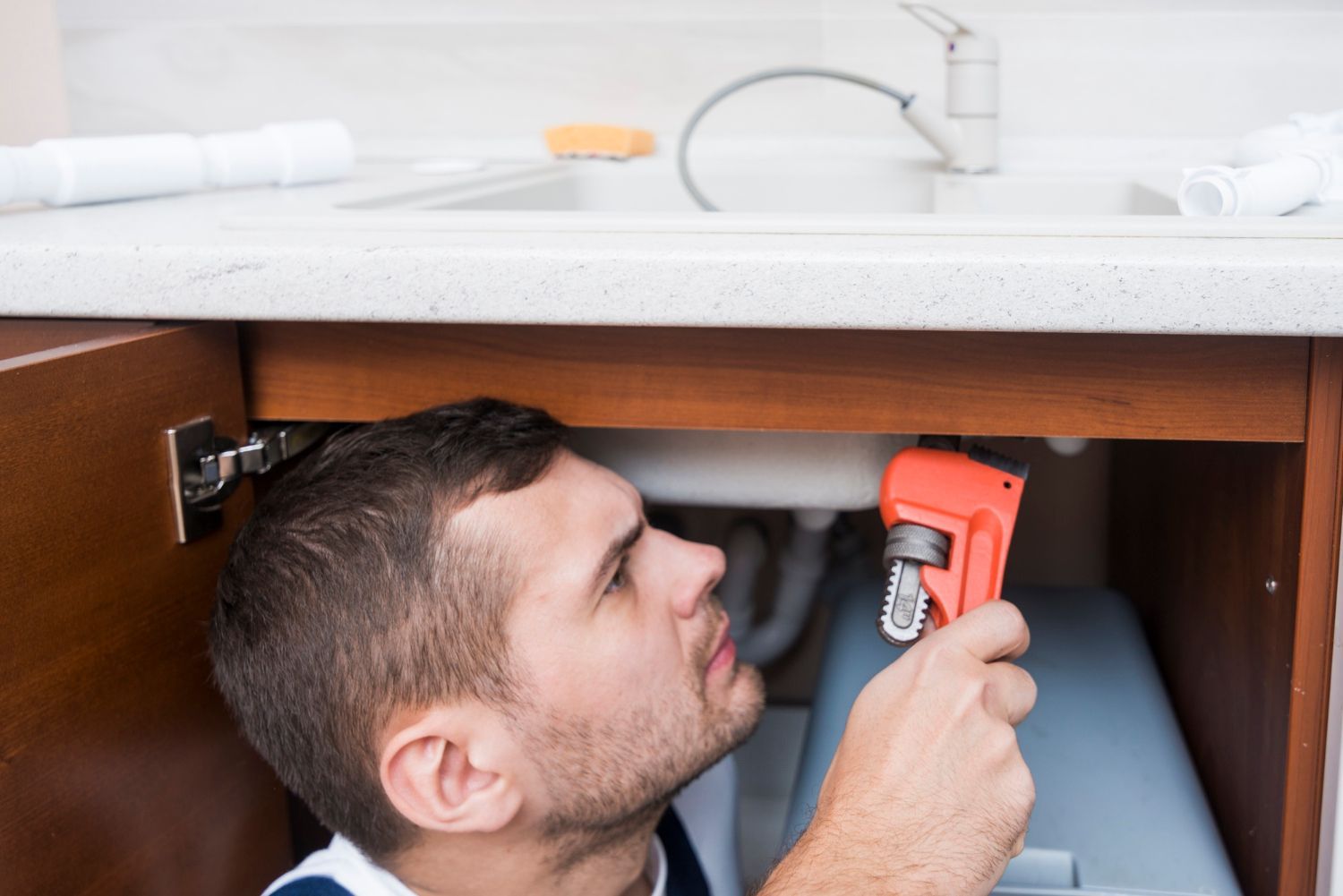
Owning an older home can be a source of pride and joy, but it comes with its own set of challenges, especially when it comes to plumbing. Over the years, we’ve found that older residential properties often hide several plumbing issues that can slowly degrade the home's condition and reduce its safety. That's why it's critical to stay ahead with regular plumbing inspections.
Plumbing systems in older homes were often installed with materials and techniques that, while adequate at the time, don’t meet today’s standards for durability and safety. These aging systems can be prone to a variety of problems, from pipe corrosion to inefficient water usage. Regular inspections by skilled professionals play a crucial role in identifying potential issues before they escalate into major problems, ensuring that the residential properties maintain their integrity and functionality.
At our company, we emphasize the importance of these inspections not only to safeguard the structure and aesthetics of your property but also to ensure the well-being and safety of its occupants. Through these efforts, we extend the lifespan of your plumbing systems, optimize their performance, and help you avoid unexpected and costly repairs down the line. Regular check-ups help us catch issues early, saving time, money, and a lot of potential hassle for homeowners.
Why Older Homes Need More Frequent Plumbing Inspections
The necessity for frequent plumbing inspections in older homes cannot be overstated. These homes often come with aging infrastructure that, if not appropriately monitored, can lead to severe and costly damages. First, the materials used in older plumbing systems, such as cast iron or galvanized pipes, are more susceptible to corrosion over time. This corrosion can weaken pipes, leading to leaks or burst pipes that can cause extensive water damage. By conducting regular inspections, we can identify these issues before they escalate.
Another critical consideration is the historical adherence to building codes, which may have been less stringent in the past. Older homes might not meet current standards, which include updates designed to improve safety and efficiency. Through regular inspections, we can identify parts of your plumbing system that may need updates to comply with current codes, enhancing both the safety and functionality of your home's plumbing.
Common Plumbing Issues in Older Residential Properties
Older residential properties often exhibit specific recurring plumbing problems that homeowners should be aware of. These issues, if not addressed, can lead to more significant concerns down the line:
1. Pipe Degradation: Over time, older pipes made of materials like steel can corrode, leading to leaks. This problem not only affects water flow but can also cause significant water damage and increase water bills.
2. Faulty Fixtures: Many older homes still have original fixtures like faucets and showerheads, which can wear out and become less efficient. Dripping faucets and running toilets are common in older properties, reflecting worn-out internal components.
3. Sewer Line Issues: Tree roots, common in established neighborhoods, can invade and block older sewer lines. These blockages can cause backups and overflows, which are unpleasant and hazardous to health.
4. Inefficient Water Heaters: Older water heaters are less efficient and more prone to breakdowns. Sediment buildup can reduce water heater tank capacity and clog water lines.
5. Poor Water Pressure: Corrosion and sediment build-up in old pipes can restrict water flow, resulting in poor water pressure.
Confronting these challenges through regular checks and maintenance is essential. By familiarizing ourselves with the common issues faced by older homes, we can take proactive steps to mitigate them effectively, keeping your home functional and safe.
Step-by-Step Guide to a Basic Home Plumbing Inspection
Conducting a basic home plumbing inspection regularly can help you spot potential issues before they escalate into costly repairs. Here’s a straightforward guide to performing a preliminary plumbing check:
1. Inspect for Leaks: Start by checking under sinks, around the bases of toilets, and anywhere you have exposed pipes, including in the basement if applicable. Look for signs of water or damp spots that might indicate a small, slow leak.
2. Check Faucet Aerators and Shower Heads: Remove any aerators or shower heads to look for clogged screens. This is common with older plumbing systems where mineral build-up can affect water flow.
3. Test Water Pressure: Water pressure can be a telltale sign of plumbing issues. It should be strong but not spilling over. If pressure is too low, it might indicate a leak or blockage in the lines.
4. Flush Toilets to Test for Clogs: Ensure each toilet flushes smoothly and completely. Listen for unusual noises like gurgling which could point to vent stack issues.
5. Examine the Water Heater: Check your water heater for signs of corrosion or leaking. Also, note the age of the heater—most last around 10-15 years.
This simple inspection can alert you to common problems, but it doesn't replace the thoroughness of a professional inspection.
Benefits of Regular Professional Plumbing Inspections
While a basic home inspection is helpful, there are significant benefits to having regular professional plumbing inspections:
- Expertise and Precision: Professional plumbers have the tools and training to detect issues that are easily overlooked by untrained eyes. They can perform detailed assessments of your home’s plumbing system, including the use of camera inspections to view underground sewer lines and other hidden pipes.
- Preventative Maintenance: Regular inspections allow for the early detection and repair of minor problems before they evolve into major repairs. This proactive approach can save you substantial amounts of money and hassle in the long run.
- Longevity and Efficiency: Maintaining your plumbing systems not only extends their life but also ensures they’re operating as efficiently as possible. This can lead to savings on water bills and prevent wastefulness, which is particularly important for older homes.
These comprehensive evaluations are crucial for maintaining the plumbing infrastructure of an older home, ensuring safety, functionality, and efficiency.
Conclusion
Owning an older home often comes with unique challenges, particularly regarding the plumbing system. Regular inspections, both DIY and professional, play a critical role in maintaining these systems, ensuring they function properly and efficiently. Staying proactive about plumbing health not only saves money on potential repairs but also preserves the integrity and value of your cherished home.
We’ve seen firsthand how regular check-ups can prevent major plumbing disasters. If you’re looking for reliable, expert service to help keep your home’s plumbing in top shape, look no further. Contact us today at Apollo Sewer & Plumbing to learn more about our
residential plumbing services or to schedule your next professional inspection. Let us help you keep your plumbing system running smoothly so you can focus on enjoying your home, stress-free.

